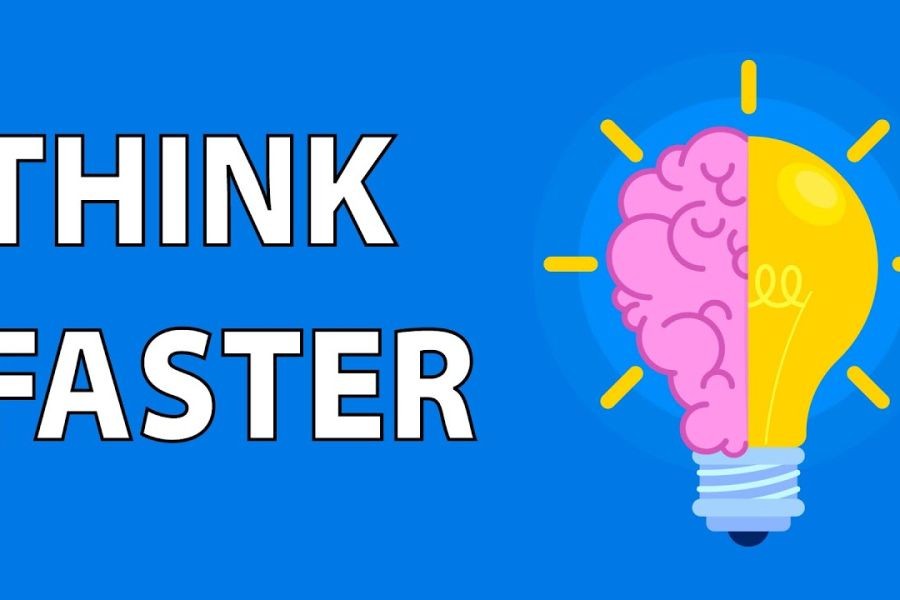Imagine a young university graduate in Auckland, ready to take on the world, only to find themselves trapped in a cycle of debt, stagnant wages, and an unaffordable housing market. This isn't the plot of a dystopian novel; it's the harsh reality for many young adults in New Zealand today. According to Stats NZ, the median income for young adults has barely kept pace with inflation over the past decade, while housing costs have skyrocketed by over 40%. In this article, we will explore why economic hopelessness has become the new normal for young adults in New Zealand and what investors need to know about this troubling trend.
Understanding the Economic Landscape
The Growing Income Disparity
Income inequality in New Zealand has widened significantly. The top 20% of earners now take home nearly 50% of the nation's income, leaving the bottom 20% struggling to make ends meet. For young adults, this means fewer opportunities for upward mobility. The Ministry of Business, Innovation and Employment (MBIE) reports that entry-level salaries for graduates have not kept pace with living expenses, creating a financial bottleneck that stymies both personal and economic growth.
Case Study: The Housing Market Crisis
Auckland, New Zealand's largest city, serves as a poignant case study. The average house price in Auckland has surged to over $1 million, forcing many young adults to either rent indefinitely or move to less desirable areas. A report by the Reserve Bank of New Zealand highlights that first-time homebuyers now need to save for over a decade just to afford a deposit. This is a stark contrast to previous generations who could enter the property market with relative ease.
Pros and Cons of Current Economic Policies
Pros of Current Policies
- Stable Economy: New Zealand's economy remains robust, showing resilience against global downturns.
- Strong Social Safety Net: Government welfare programs provide a cushion for the most vulnerable, including young adults.
Cons of Current Policies
- Housing Affordability: Existing policies have not effectively curbed the housing crisis, making homeownership a distant dream for many.
- Education Debt: Student loans have become a significant burden, with many graduates spending years paying off debt instead of building wealth.
Contrasting Perspectives on Economic Hopelessness
The Optimist's View
Some experts argue that the current situation is a temporary phase. They point to technological advancements and emerging industries such as renewable energy and tech startups as potential drivers for economic revitalization.
The Pessimist's View
On the flip side, critics argue that without significant policy changes, these opportunities will remain inaccessible to young adults burdened by debt and low wages. They advocate for systemic reforms such as higher minimum wages and more affordable education.
Common Myths and Mistakes
Myth: The Gig Economy Is the Solution
Reality: While the gig economy offers flexibility, it often lacks job security and benefits, making it a precarious option for sustained financial stability.
Myth: Investing in Real Estate Is Always Safe
Reality: The volatile property market can lead to significant losses, especially for inexperienced investors navigating without proper guidance.
Future Trends and Predictions
The Rise of Remote Work
By 2028, remote work is expected to account for 50% of employment opportunities, according to the McKinsey Global Institute. This shift could open new avenues for young adults, particularly in tech and creative industries.
Sustainability as a Growth Sector
As New Zealand aims for carbon neutrality by 2050, the sustainability sector is poised for growth, offering new job opportunities in green technologies and renewable energy.
Conclusion
The economic challenges faced by young adults in New Zealand are complex, but they are not insurmountable. By understanding the underlying issues and exploring innovative solutions, both individuals and investors can navigate this landscape more effectively. As we look to the future, it is crucial to adapt to changing economic conditions and seize emerging opportunities. What's your next move in this evolving economic landscape?
People Also Ask
- How does economic hopelessness impact businesses in New Zealand? NZ businesses face reduced consumer spending as young adults struggle with financial instability, potentially affecting revenue streams.
- What are the biggest misconceptions about economic hopelessness? A common myth is that the gig economy is the answer, but it often lacks job security, making it an unreliable long-term solution.
- What are the best strategies for young adults to overcome economic challenges? Experts recommend focusing on skills development, exploring remote work opportunities, and seeking financial advice to manage debt effectively.
Related Search Queries
- New Zealand housing market trends
- Young adults economic challenges NZ
- Investment opportunities in New Zealand 2025
- Impact of student debt in New Zealand
- Future job trends in New Zealand
































sheldonlyke146
3 months ago